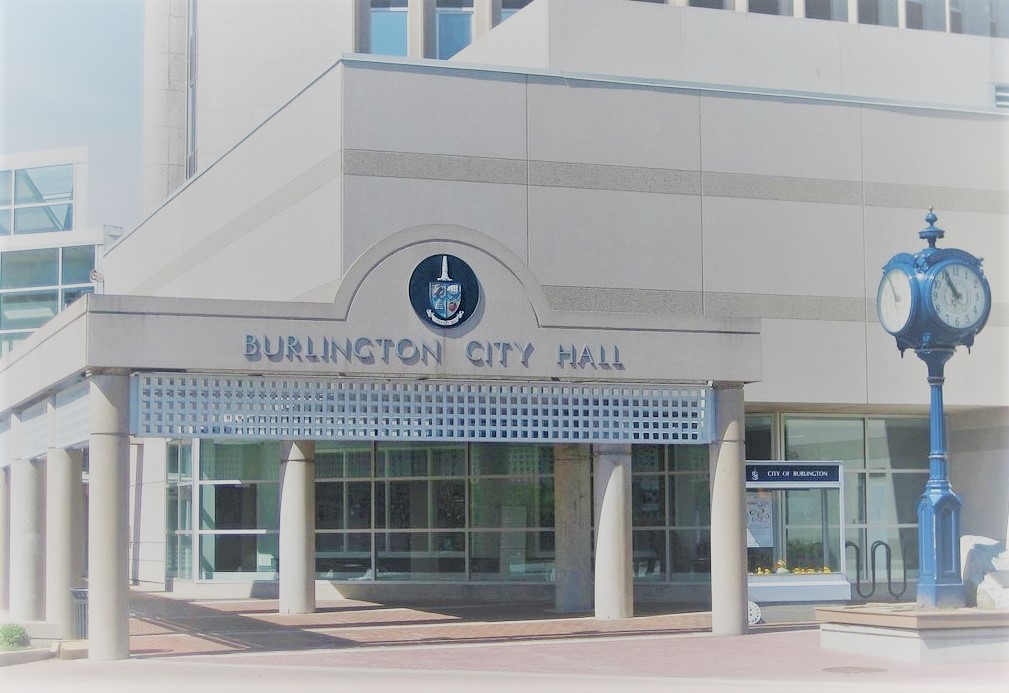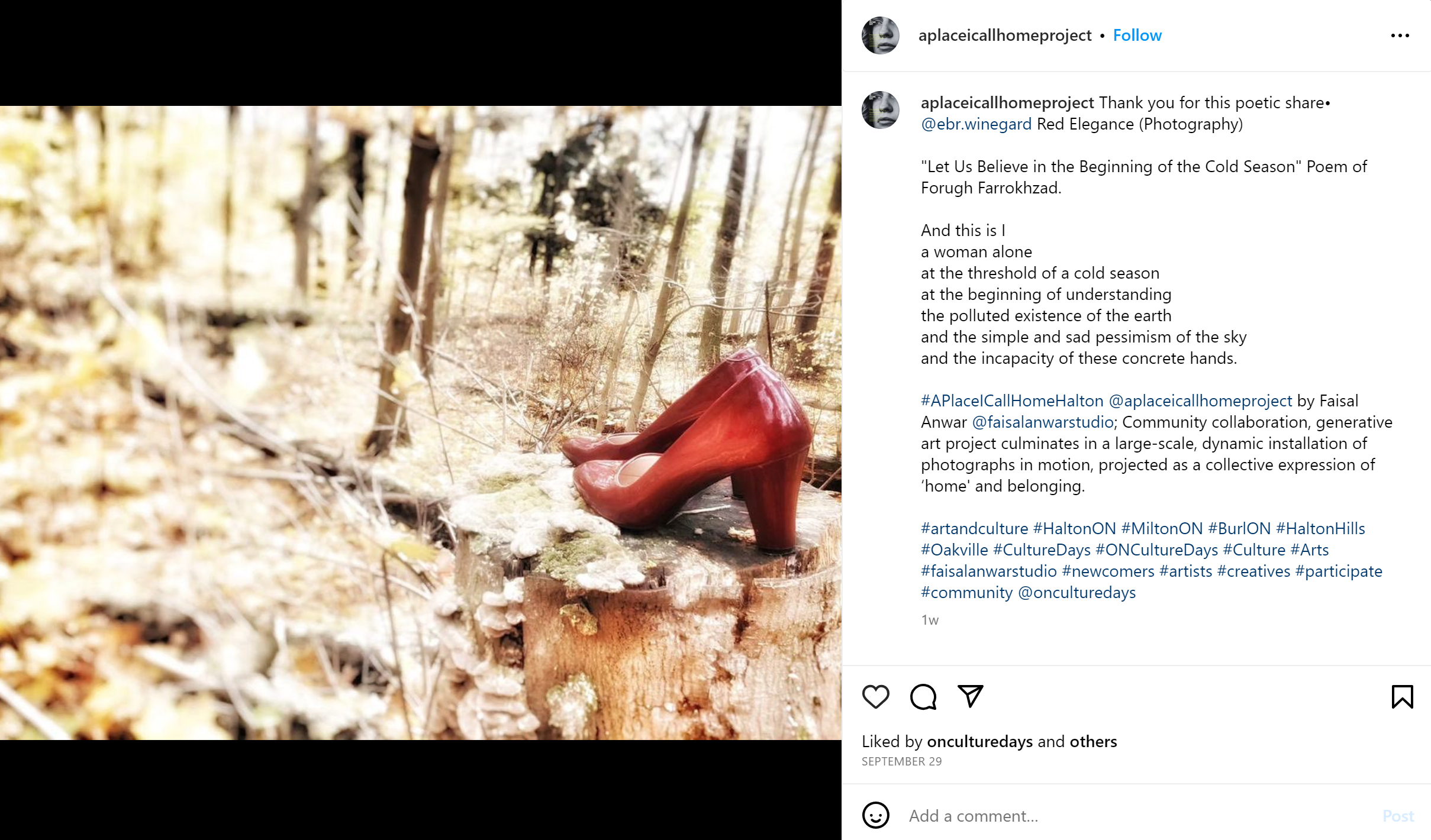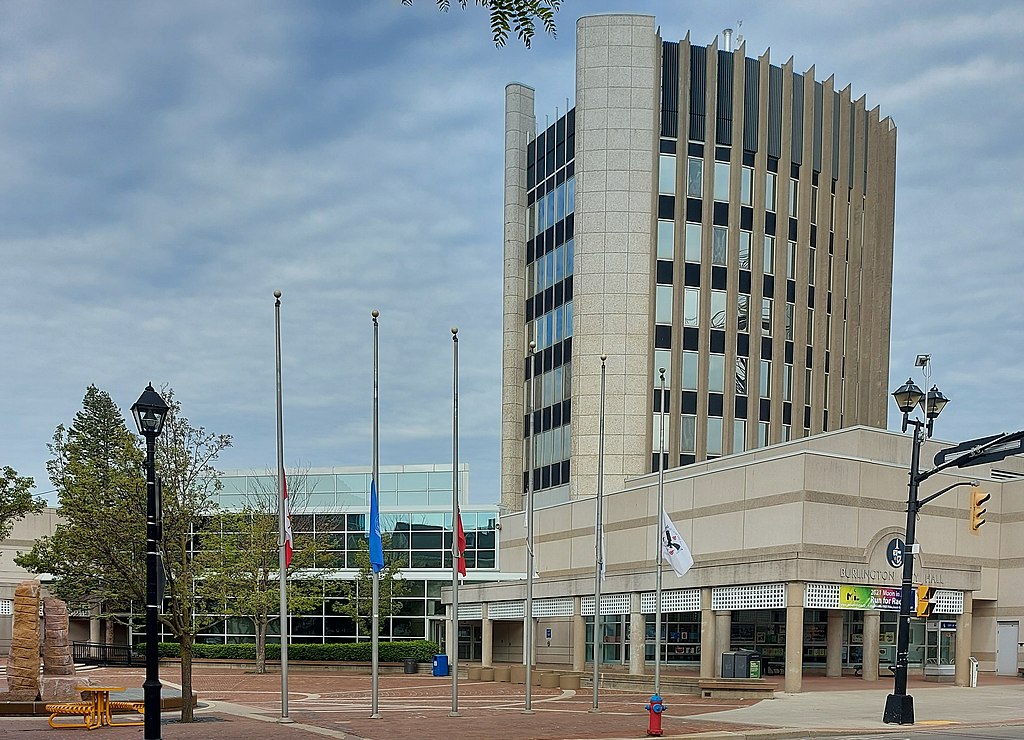By Rebecca Gruszka, Local Journalism Initiative Reporter
After months of revision, the City of Burlington posted a new draft of the Community Engagement Charter and Framework online for residents to review and comment on until September 15, 2024.
The draft came together from public feedback on the original 2013 Charter, gathered through engagement with a wide swathe of people in the city, including residents of all ages, city staff, and elected officials. Offering online and in-person engagement opportunities, the city sought out over 160 local community groups to voice their opinions on the Charter.
In working to be as comprehensive and inclusive as possible, the city engaged with the community by “meeting people where they are,” at places where people were already coming together, from talking to residents at the Appleby Line Street Festival to meeting with diverse groups like the Accessibility Advisory Committee and the Inclusivity Advisory Committee. Language accessibility was addressed by partnering with the Halton Multicultural Council so that translators could facilitate engagement sessions in languages other than English.
The feedback received from the community directly influenced the draft and the creation of the Community Engagement Framework, prompting staff to add more detail and address themes like building trust and ensuring respectful, two-way discussions.
Other important comments included increased consideration of inclusion and diversity, removing barriers to engagement (by using visual aids or translators, for instance), education on how to delegate to council, and cultural sensitivity. The city also heard that accountability (of the city, staff, and residents) should be included in the Charter, as should the need for clear and transparent communication.
Said Michelle Dwyer, Manager of Engagement and Volunteers, in a press release regarding the updated Charter, “Thanks to everyone who provided input to get us to the draft Community Engagement Charter. I think we’ve got some good changes proposed that will help provide more clarity for residents as well as more direction for staff and council. I encourage everyone to take a few moments to review the draft we’re proposing and let us know your thoughts.”
Community members who provided the initial feedback to inform the current draft version of the Charter shared what good community engagement meant to them: “The community is invested […] the greater community working together toward a similar objective, and we are supportive of each other with respect to a goal”; and “Good community engagement means allowing the controversial topics to be discussed. Allowing individuals to be heard in a respectful manner.”
Others noted that balance between needs and wants was important and that while the city often hears those who speak the loudest, those voices “aren’t necessarily speaking for the community.”
One participant at an Engagement Charter session appreciated that “the city provides translations, because we’re new immigrants, we moved here from other areas we can feel the respect and care from the city and as a resident, we are proud of this.”
Some Burlington residents have already evaluated the draft Charter; their comments can be seen as small text bubble icons on the document. Other reviewers can then click on the icons to read previous comments.
One commenter, on the Key Commitments of the Community Engagement Charter section, noted that they “would love to see another principle added here for “Quality of Experience” or “Providing a Great Experience”…[to] focus on how people feel about their total experience when engaging with the City.”
Others commented on more practical aspects of the text: its readability, the presentation of the document, and the use of bullet points. Some clarifications on the meaning of specific phrases were also requested.
The issue of inclusion was highlighted again, asking the city to make sure to identify and engage with equity-deserving groups (Indigenous, Black, 2SLGBTQIA+), and in terms of being aware of the differences in how urban and rural Burlington residents prefer to receive notice of engagement opportunities.
While the engagement sessions for the draft are over, there are still opportunities to share feedback by leaving your comments directly on the online document. There is also a poll, in which you can vote on whether you prefer the term “resident,” “citizen,” or “community member” for use in the Charter, and a quick survey, where you can vote on what top five ideas the city should complete out of a list that includes an annual engagement report, training for council on engagement, yearly engagement workshops for residents, and a number of other ideas.
While not specifically focused on the Community Engagement Charter, the Food for Feedback event will be taking place September 14, 2024, from 12:00 p.m. to 4:00 p.m. at Central Park, (2299 New St.). Participants will receive a free food truck lunch for providing feedback to the city on projects and initiatives, including the Community Engagement Charter. Vegetarian and halal options are available. In case of inclement weather, the event will be held indoors at the Burlington Seniors’ Centre.
The city is aiming to engage the community wherever it can; the draft Charter says that the City of Burlington is “committed to continuous improvement to increase accessibility and inclusivity of our engagement practices.”
In cases where community engagement is not possible, the Engagement Charter states that “decision-making will be guided by our commitments to the community, and the priorities established in the City’s strategic plan.”



